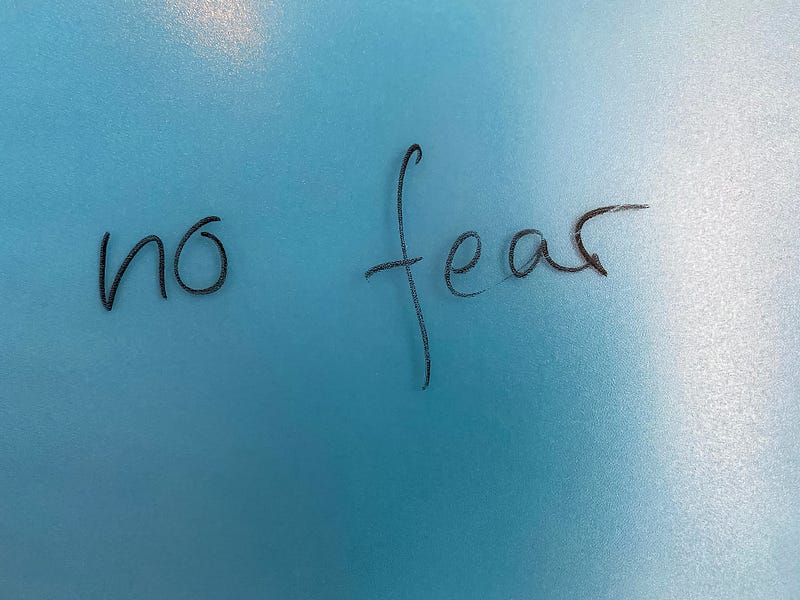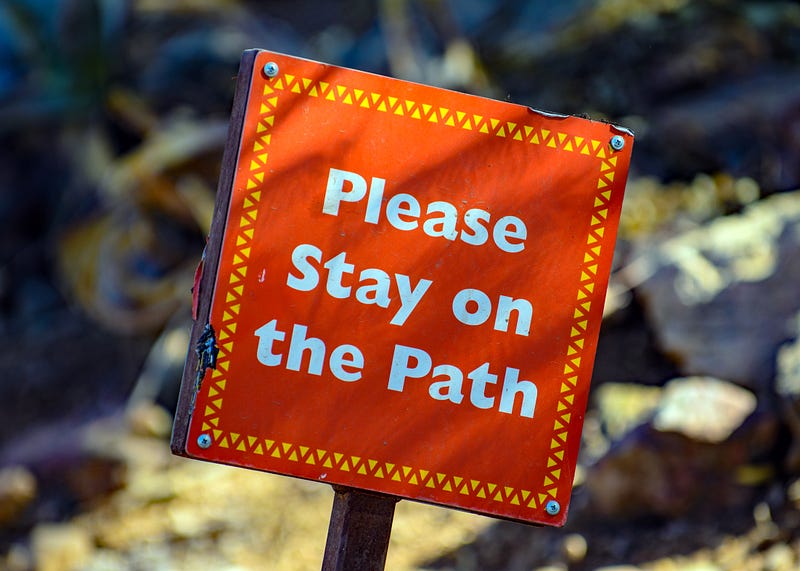
Dear Readers,
Thank you for coming here!
I wrote in my last post that I started to regret the lost opportunities for adding positions, now that the stock market is up from the lows. This causes anxiety.
And this is typical FOMO (Fear Of Losing Out). I lost out because I did not top up at the lowest points, compared to those who did.
But if I had FOMO, why didn’t I just get in and deploy all my war-chest?
You are right! Because of FOBO (Fear Of Better Options).
What if the prices drop further? This also causes anxiety.
So I constantly feel anxiety, struggling between FOMO and FOBO.
SO how? Can we avoid the anxiety and at the same time achieve good outcomes?

The fundamental reason of feeling endless anxiety is that we embrace “Fear/Panic” instead of “Curiosity”.
“Curiosity” means exploring, accumulating knowledge and making discoveries.
“Fear/Panic” implies speculation and gambling.
Therefore, to avoid anxiety, we need to feel that investing is interesting and we are willing to really dig deep to understand how it really works, without caring about gains or losses.
Every fluctuation is but another opportunity to learn and understand the behavior of the market.
We need to forget about making money.

What?!
I hear you because I think the same way: this is too hard.
So is there any other way?
I can only see one: Find a “Rule” and stick to it.
The “Rule” is something we can predict and reply on in the somewhat random market.
The “Rule” represents certainty in the market full of uncertainties.
You can borrow from others or engineer your own and refine it along the way.
But note that the purpose of the “Rule” is not to achieve the best outcomes, but to reduce anxiety with acceptable outcomes.
Just like the law, whose purpose is not to ensure justice, but to end dispute.
Therefore, do not dwell on buying at the lowest points and selling at the highest points. That is just not possible.
If you still find it hard to let go of the “hope” for best outcomes, just think of this way: the chances of achieving better outcomes are not higher in any other way, even with the anxiety.
It is totally likely to have anxiety and worse outcomes at the same time.

So what are some of the “Rules” we can apply?
Well, DCA (Dollar-Cost-Averaging) is definitely one.
I tried to stick to it for about two years. While I cannot say much about the outcomes, the anxiety I felt was definitely much less than with my current investment approach.
But since I have decided to try something different from DCA, I will share another “Rule” which is more complex.
The 37% Rule.
We can split every decision making into two phases:
- The first 37% of the time, to explore and establish the “Baseline” without making any decision
- The remaining 63%, to pick the first opportunity that is equal or better than the “Baseline”
This is a statistically proven conclusion. Do not ask me how. I used to be able to understand complicated matters as this. Now I am just too lazy to try.
However, I am still able to illustrate its application.
For example, we want to invest SGD2000 in a particular stock every month.
However, we can only have the money after pay day, say 15th of the month.
So at what price should we invest?
The first 37% of a month is ~11 days. So until 26 of the month, we should observe the market and establish the “baseline”, which is not necessarily the lowest price in the 11 days.
Then for the remaining 19 days, from 27th to the 15th of next month, we should just buy at the first opportunity when the price reaches the “Baseline” or below. We could simply place a “Limit order” that is valid for 19 days.
Statistically, this approach will give you relatively good outcomes.

In Summary
Struggling between FOMO and FOBO will bring endless anxiety and probably bad outcomes.
The fundamental solution is to embrace “Curiosity” to explore and understand how things really work, without worrying about the outcomes.
The next best alternative is to pick a “Rule” and stick to it. The certainty the “Rule” brings will reduce anxiety.
Do note that the purpose of the “Rule” is not to achieve the best outcomes, but to reduce anxiety with acceptable outcomes.
“DCA” and “The 37% Rule” are some examples.
Till next time!
Kungfu and experience are the differential. Be emotionless about loses and gains. This needs years, and learning to take losses. If we are right 6 out of 10 times, we will still money.
ReplyDeleteWell said! While it may not seem that way, stock market is really not for "quick money"!
Delete